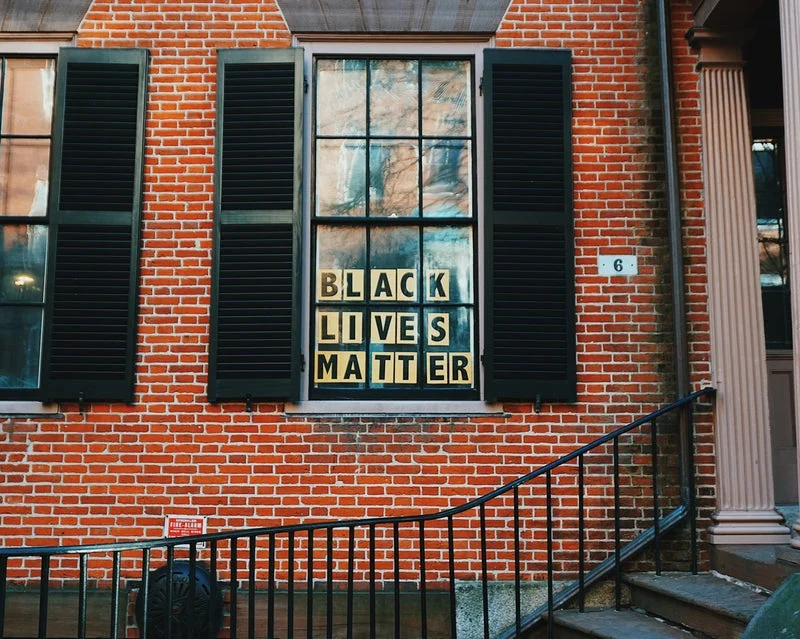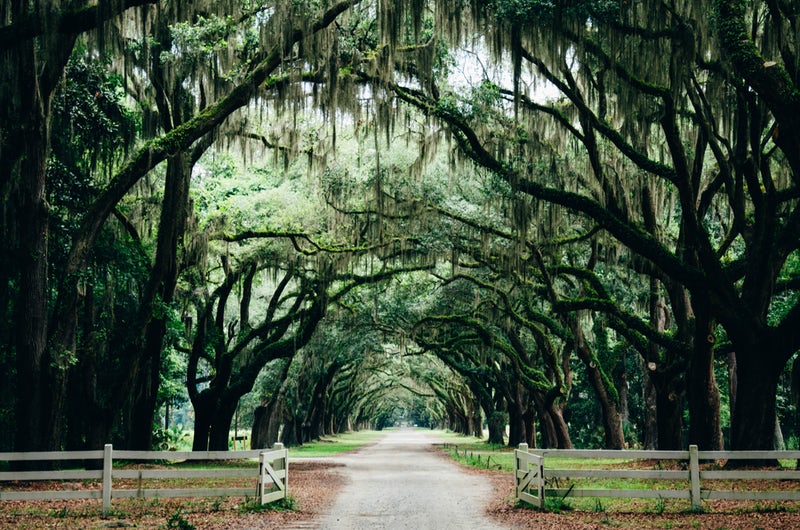OPPORTUNITIES AND CHALLENGES FACING CIVIL RIGHTS MOVEMENT HERITAGE TOURISM
The creation of memorials and museums dedicated to the Civil Rights Movement is a watershed event in the southern and American heritage tourism, an important opportunity to reverse the way history has long been interpreted and marketed from a white-centric perspective. At the same time, these heritage sites have encountered challenges as managers decide how best to narrate the history of the Movement in ways that do justice to minority identities and struggles while also resonating with white America. RESET is carrying out research and outreach projects that analyze the historical narratives employed at Civil Rights heritage tourism sites and visitors’ reactions to these representations.
CONSTRUCTING THE Black/AFRICAN-AMERICAN TRAVELER PROFILE
Very little research has been conducted to learn about the Black/African-American traveler. Visitor motivations, travel patterns, niche activities, sustainability practices, trip planning, and travel constraints are but a few categories of information that the tourism industry would need to better tailor an experience to the African-American traveler. The RESET program aims to compile existing information, and collect new profile information, about this important traveler segment.
RACIAL DIVERSITY AND SOCIAL RESPONSIBILITY IN TOURISM MARKETING
Tourism marketing, rather than simply a matter of promotion and responding to consumer behavior, is a cultural process that gives some social groups more power to be seen and heard than others. Scholars have observed in the past that tourism promotions often reflect a privileged white perspective that obscures the experiences of minorities and neglects their social and economic importance as travelers and community hosts. RESET is carrying out research and outreach projects that assess the visibility of marginalized groups in the marketing of the U.S. South, particularly the photographs published in state travel guide magazines, welcome center brochures, and websites.
SOCIAL EQUITY AND THE REPRESENTATION OF SLAVERY IN PLANTATION HERITAGE TOURISM
Traditionally, historic southern plantations have said little about the lives of the enslaved Africans and African Americans whose labor built and operated these estates. There are signs of a growing inclusion of the slave experience within plantation heritage, although this does not yet represent a wholesale change. RESET is carrying out research and outreach projects that determine what place the enslaved have in the current marketing and interpretation of plantation history, the expectations and perceptions of plantation visitors from different racial backgrounds, and the role of tour guides and managers in making for a more inclusive plantation heritage experience.





